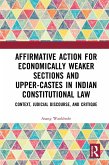
eBook, ePUB
30. September 2022
Taylor & Francis eBooks
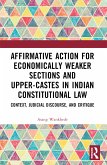
Broschiertes Buch
Context, Judicial Discourse, and Critique
27. Mai 2024
Taylor & Francis Ltd
| Gebundenes Buch | 195,99 € | |
| eBook, PDF | 42,95 € |
Gebundenes Buch
Context, Judicial Discourse, and Critique
30. September 2022
Taylor & Francis Ltd
eBook, PDF
30. September 2022
Taylor & Francis eBooks
Ähnliche Artikel
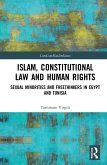
eBook, ePUB
15. September 2021
Taylor & Francis eBooks
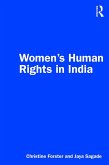
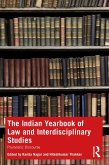
eBook, ePUB
23. November 2022
Taylor & Francis eBooks


eBook, ePUB
3. April 2020
Taylor & Francis eBooks
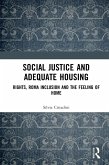
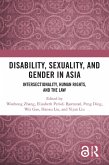
0,00 €
Sofort per Download lieferbar
eBook, ePUB
1. August 2023
Taylor & Francis eBooks

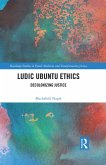
Ähnlichkeitssuche: Fact®Finder von OMIKRON
